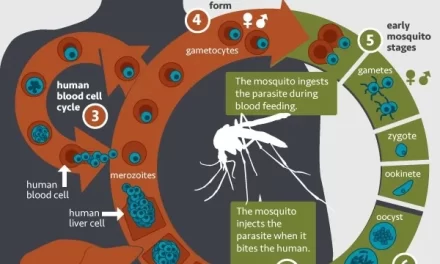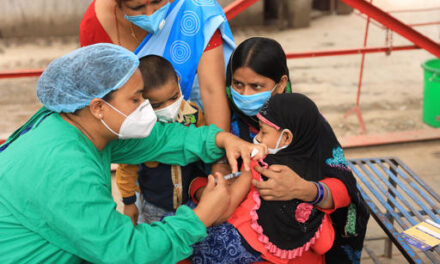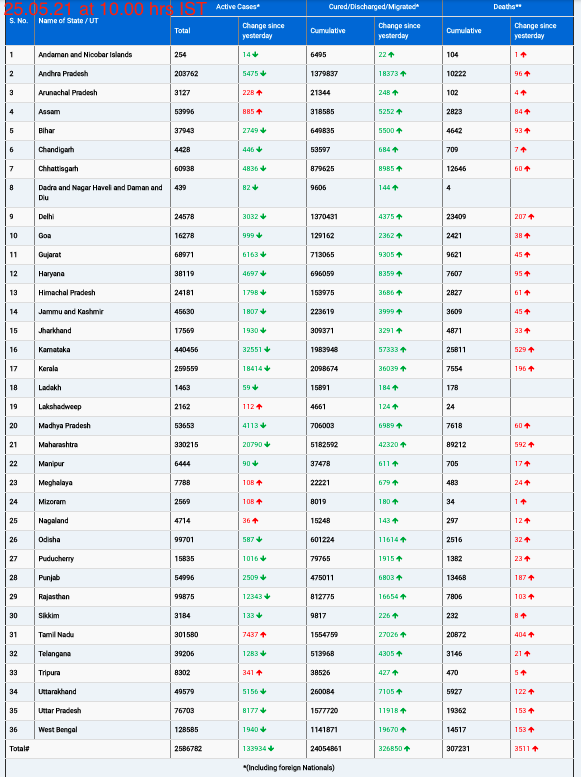London, ON: A groundbreaking Canadian study has revealed alarming data on the increasing mortality rates from endocarditis among people who inject drugs (PWIDs), particularly highlighting the disproportionately high vulnerability of women to this life-threatening condition. Endocarditis, a serious infection of the heart valves, is often treatable, but if left unmanaged or untreated, it leads to high mortality, especially among those struggling with drug addiction.
The research, published in JAMA Network Open by scientists from Lawson Health Research Institute and the University of Saskatchewan, examined the hospital records of 764 patients treated for endocarditis between 2007 and 2023 in London, Ontario, and Regina, Saskatchewan. The findings present stark realities for those injecting drugs: 56% of patients in the study were PWIDs, and their five-year mortality rate stood at a staggering 49%.
Critical Need for Integrated Care
Dr. Michael Silverman, an infectious diseases researcher at St. Joseph’s Health Care London and co-author of the study, stressed that treatment outcomes for patients with endocarditis can significantly improve when addiction care is integrated with their hospital treatment. “Our study, the first of its kind, shows that we can dramatically improve short- and long-term survival among persons who inject drugs by treating more than just the infection,” Silverman said.
Endocarditis requires long-term treatment, often involving intravenous antibiotics and extended hospital stays, yet many PWIDs initiate discharge prematurely due to withdrawal symptoms when addiction support is not offered. The study calls for hospitals to provide in-hospital addiction counselling and post-discharge care as a standard part of treatment to reduce the risk of patient-initiated discharges and recurrent infections.
Women at Higher Risk
A key revelation of the study is the heightened risk faced by women who inject drugs. Although women make up only about one-third of PWIDs in Canada and the United States, they represented slightly over 50% of PWIDs with endocarditis. Silverman noted that the reasons for this disproportionate impact on women are unclear but may be related to their often disempowered role during drug injection, using previously contaminated equipment and relying on others for injections.
Women in urban settings were found to have worse long-term survival outcomes compared to their rural counterparts, likely due to the increased risks posed by homelessness, violence, and involvement in the sex trade. In contrast, rural women were more likely to be connected to supportive communities, which played a crucial role in their better survival rates.
Impact on Pregnant Women and Young Mothers
A particularly concerning finding was that 5% of the women admitted with endocarditis were pregnant, and both fetal and maternal mortality rates were high. This highlights a critical gap in care, as contraception is rarely offered to women admitted with severe conditions unrelated to reproductive health. Researchers emphasized that providing access to contraceptive care for these women could prevent further complications.
“This is a population of young, vulnerable people—many of them mothers, fathers, and caregivers—who are dying far too early,” said Dr. Stuart Skinner, co-author of the study and assistant professor at the University of Saskatchewan. “At these mortality rates, endocarditis among PWIDs should be regarded as a health emergency, requiring the use of all available life-saving resources.”
Call for Systemic Change
The research underscores the urgent need to make comprehensive addiction care a standard component of hospital treatment for endocarditis. While such services are available in London and Regina, many North American hospitals do not yet offer this combined approach. The authors call for systemic changes to address both the infection and the underlying addiction, which often fuels repeated hospital admissions and eventual mortality.
The study serves as a powerful reminder of the importance of empathy and holistic care for marginalized populations. “These are young lives lost too soon. We need to ensure that everyone, especially vulnerable groups like women who inject drugs, has access to the healthcare and support they need to survive and rebuild their lives,” Silverman concluded.
The research received funding from St. Joseph’s Health Care Foundation and marks a significant contribution to understanding the intersection of drug use, gender, and severe infections like endocarditis.
Journal Reference
Adams, J. A., et al. (2024). Infective Endocarditis Among Women Who Inject Drugs. JAMA Network Open. doi:10.1001/jamanetworkopen.2024.37861.











